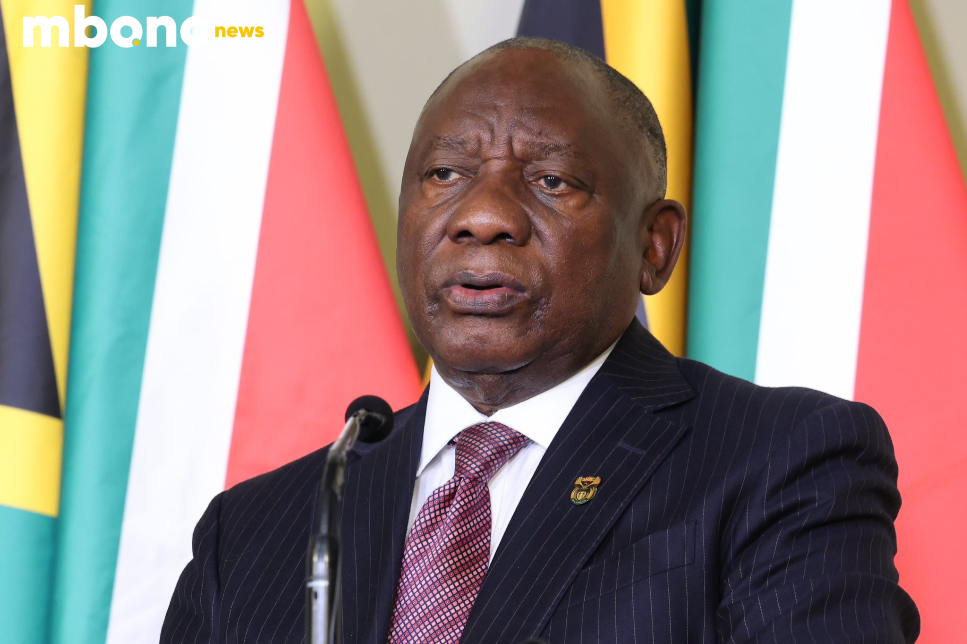South Africa’s diplomatic mission to the United States has taken center stage amid growing controversy as President Cyril Ramaphosa prepares to meet with President Donald Trump this Wednesday.
The high-profile visit, aimed at strengthening bilateral ties between the two nations, has sparked criticism and suspicion—with some warning that the discussions could undermine South Africa’s sovereignty.
Critics have raised concerns over the potential consequences of aligning too closely with the US on issues ranging from trade to foreign policy, especially given the complex dynamics of South Africa’s positioning within the African Union and broader global politics.
“We must tread carefully. This visit could compromise our independence in making decisions for our own future,” said one political analyst, expressing concern about the impact of external influence on South Africa’s domestic and international policies.
The diplomatic trip comes at a time when South Africa is navigating its own economic and geopolitical challenges, with international scrutiny intensifying over the country’s stance on global issues, such as climate change and trade agreements.
As the meeting looms, the nation waits anxiously to see whether Ramaphosa’s engagement with Trump will lead to strategic gains—or fuel suspicions of subservience to a global superpower.
With stakes this high, the outcome of Ramaphosa’s visit may not only shape South Africa’s foreign relations but also determine how the country balances national interests with global expectations.
